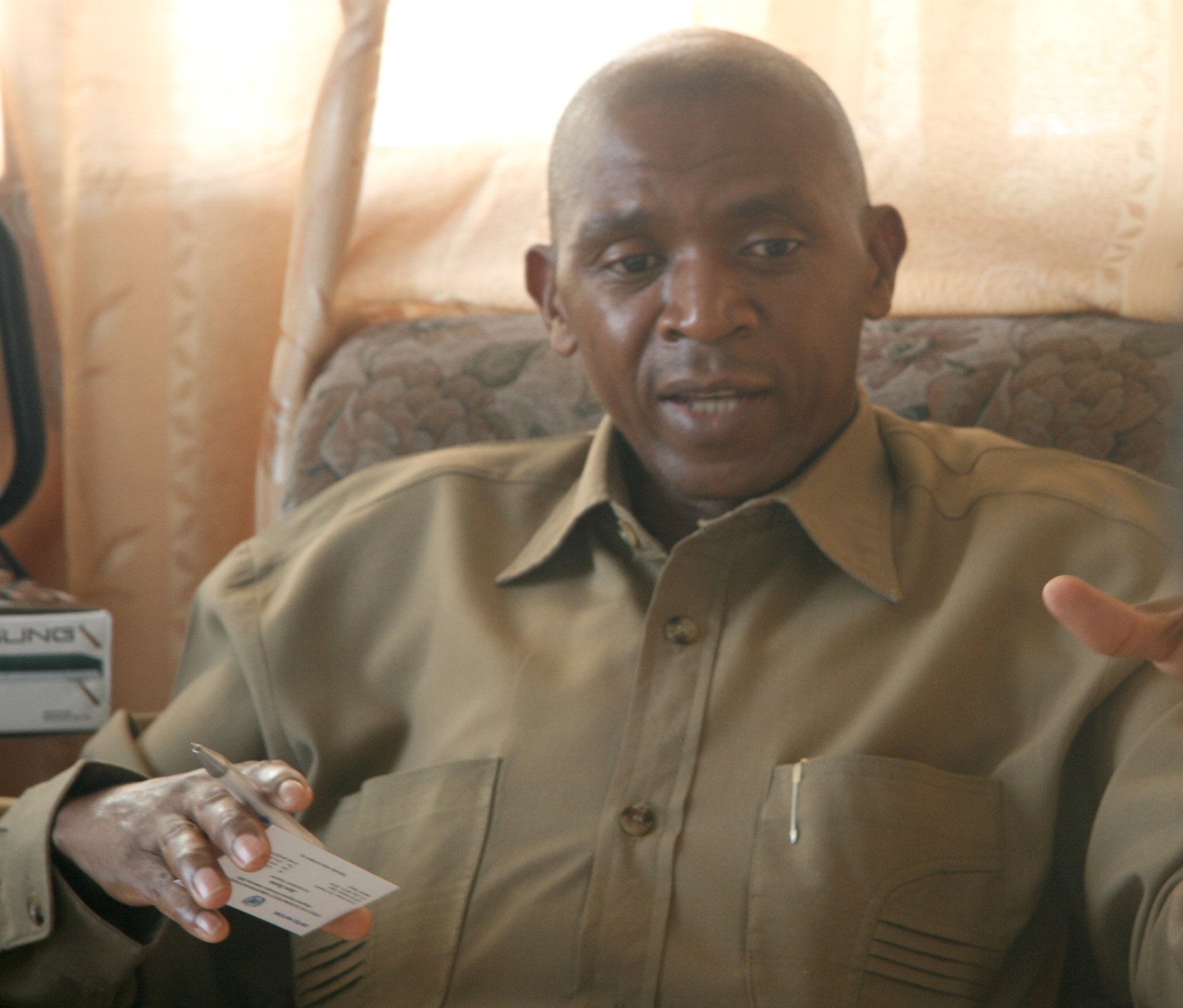In a joint statement issued on 26 May, the parties urged the national electoral commission "to take a wise decision and annul the elections and organize other communal elections on 28 June, the same day as presidential elections".
Speaking on behalf of the protesting political parties, Chevineau Mugwengezo, spokesman of the Union pour la paix et le developpement (UPD), said: "Some ballot boxes were taken home and only returned [to the polling stations] the next day."
The opposition parties include the Front pour la démocratie (FRODEBU), whose presidential candidate is former president Domitien Ndayizeye; the Forces nationales de liberation (FNL) led by Agathon Rwasa, and the Mouvement pour la solidarité et la démocratie (MSD), led by Alexis Sinduhije.
Mugwengezo said electricity outages during vote-counting nationwide contributed to rigging.
On 25 May, the National Independent Electoral Commission published preliminary results from 120 out of 129 communes, which showed that the Conseil national pour la defence de la démocratie-Forces de defence de la démocratie (CNDD–FDD) had emerged the winner in most areas.
"CNDD-FDD takes the lead in almost all the communes of Burundi except in communes of the capital, Bujumbura, and in Bujumbura Rural [province]," Pierre Claver Ndayicariye, the electoral commission chairman, told IRIN on 26 May.
The commission is due to announce the poll's final results on 28 May.
"Voter intimidation"
FNL spokesman Jean-Bosco Habyarimana said postponing the communal poll twice gave the ruling party time to corrupt and intimidate voters.
The poll was initially scheduled for 21 May but was put off to 23 May for logistical reasons and finally held on 24 May.
“How can you explain that on a given hill, a party like the FNL’s score does not even get to the number of its committee members?" he questioned.
Prosper Ntahorwamie, the electoral commission's spokesman, said all political parties had the right to appeal, "but elections cannot be annulled on a simple statement".
He advised the eight political parties to act in accordance with the law, explaining that they have four days to present their complaints to provincial electoral commissions.
Refuting the claims of vote-rigging, Onesime Nduwimana, the spokesman for the ruling party, told IRIN on 26 May that voting had been closely monitored by local and international media, observers and representatives of political parties.
"In minutes from polling stations, co-signed by representatives of political parties without any reservation, no single irregularity was reported," Nduwimana said.
He said the claim by the opposition parties was a “denial of the verdict and people's will; it is ungrounded and without any sound evidence".
Observers
In a statement issued on 26 May, a Belgian observer mission from the Association of Western Parliamentarians for Africa (AWEPA) made a positive assessment of the poll.
The delegation noted that "if there were some irregularities, they do not stem from a deliberate will to fraud".
The AWEPA observers said "the security forces – army and police - were present and worked in discretion without influencing the vote. The crucial operation of vote counting was well organized and held in the presence of representatives of political parties."
At a news conference on 26 May, Jean Marie-Vianney Kavumbagu, the chairman of COSOME - the Coalition of Civil Society Organizations for the Monitoring of Elections - said despite some irregularities, the vote was free and transparent.
However, Kavumbagu said there had been reports of voters complaining that the polling booths did not guarantee the secrecy of the vote, while in some polling stations, political leaders offered money on the voting day to influence voters.
The communal poll was the first in a series of elections aimed at enhancing democracy in the east African country that for years was embroiled in a civil war. A transitional government was put in place in the early 2000s.
Seven candidates are standing in the presidential elections: the incumbent President Pierre Nkurunziza (CNDD-FDD), Ndayizeye (FRODEBU), Yves Sahinguvu (UPRONA), Leonard Nyangoma (CNDD), Sinduhije (MSD), Pascaline Kampayano (UPD) and FNL's Rwasa.
jb/js/mw
This article was produced by IRIN News while it was part of the United Nations Office for the Coordination of Humanitarian Affairs. Please send queries on copyright or liability to the UN. For more information: https://shop.un.org/rights-permissions





